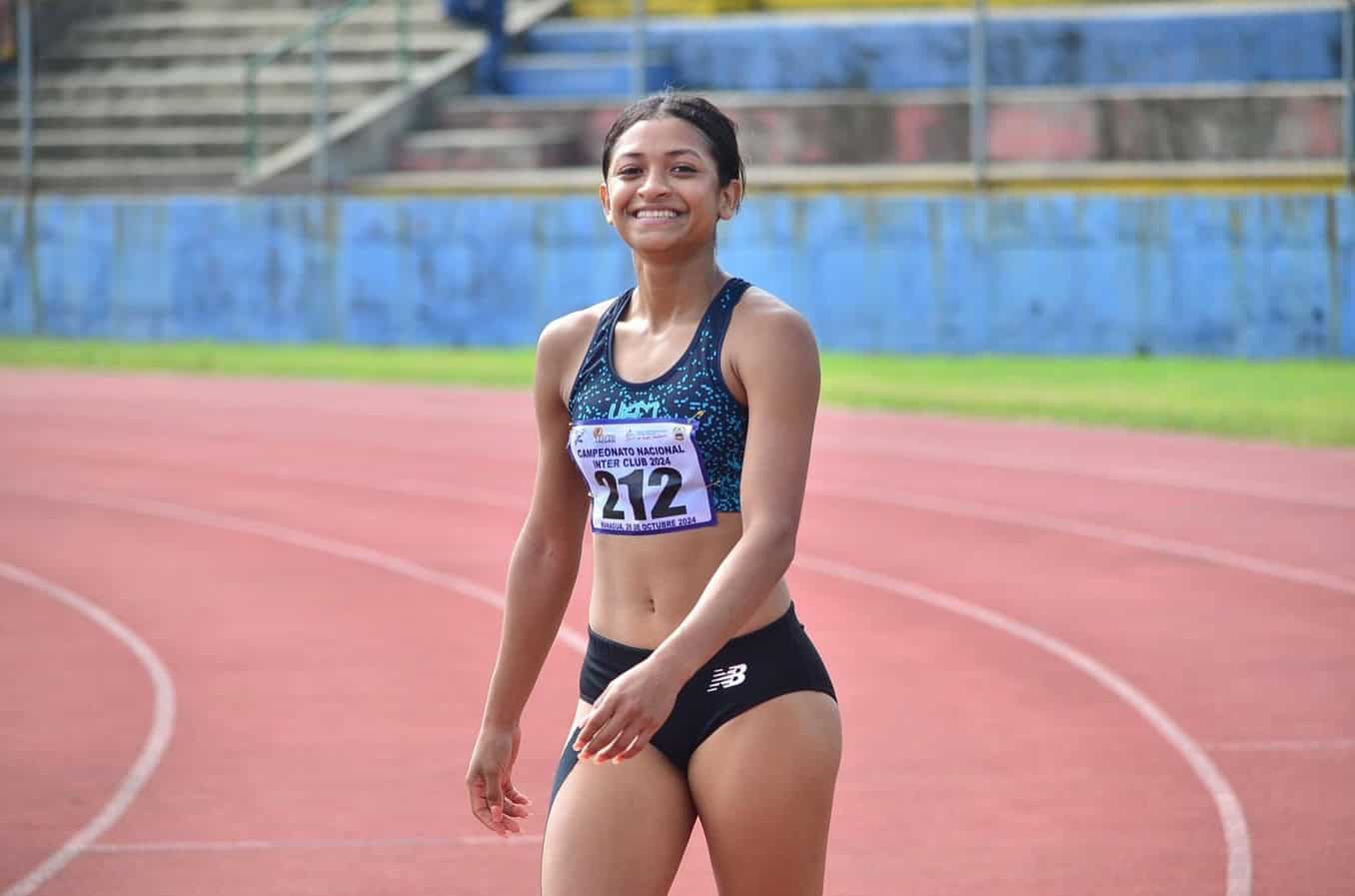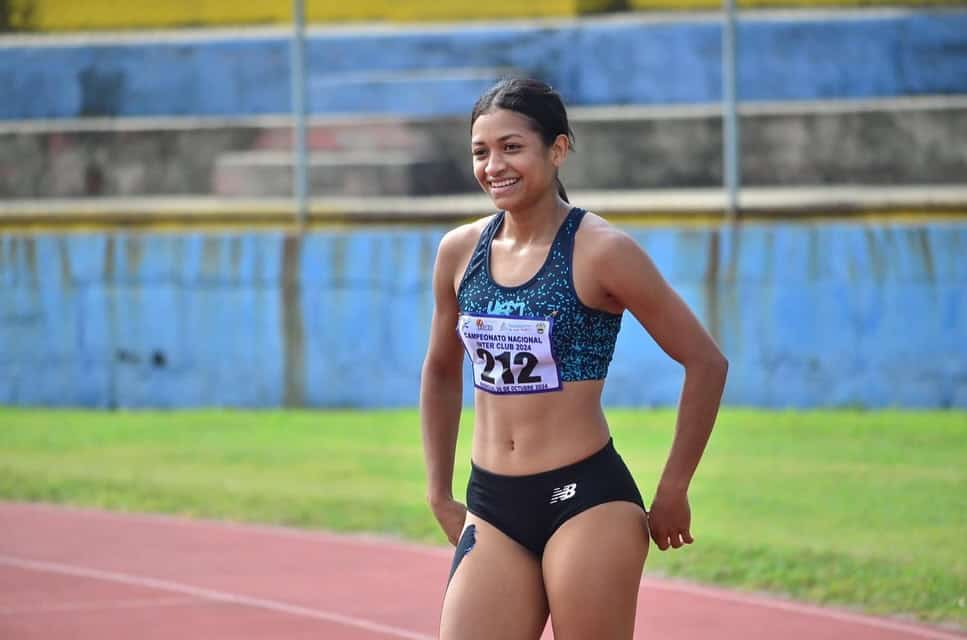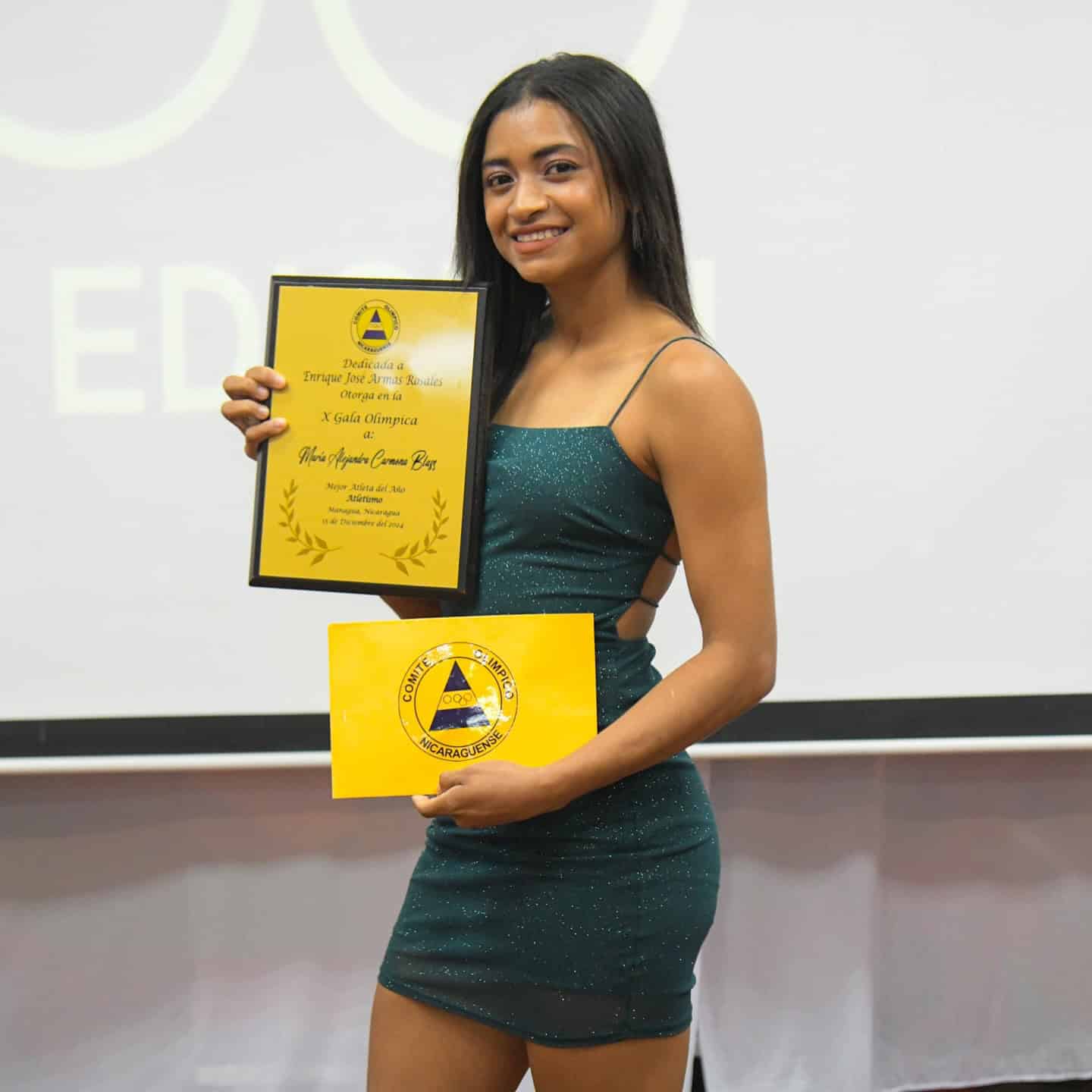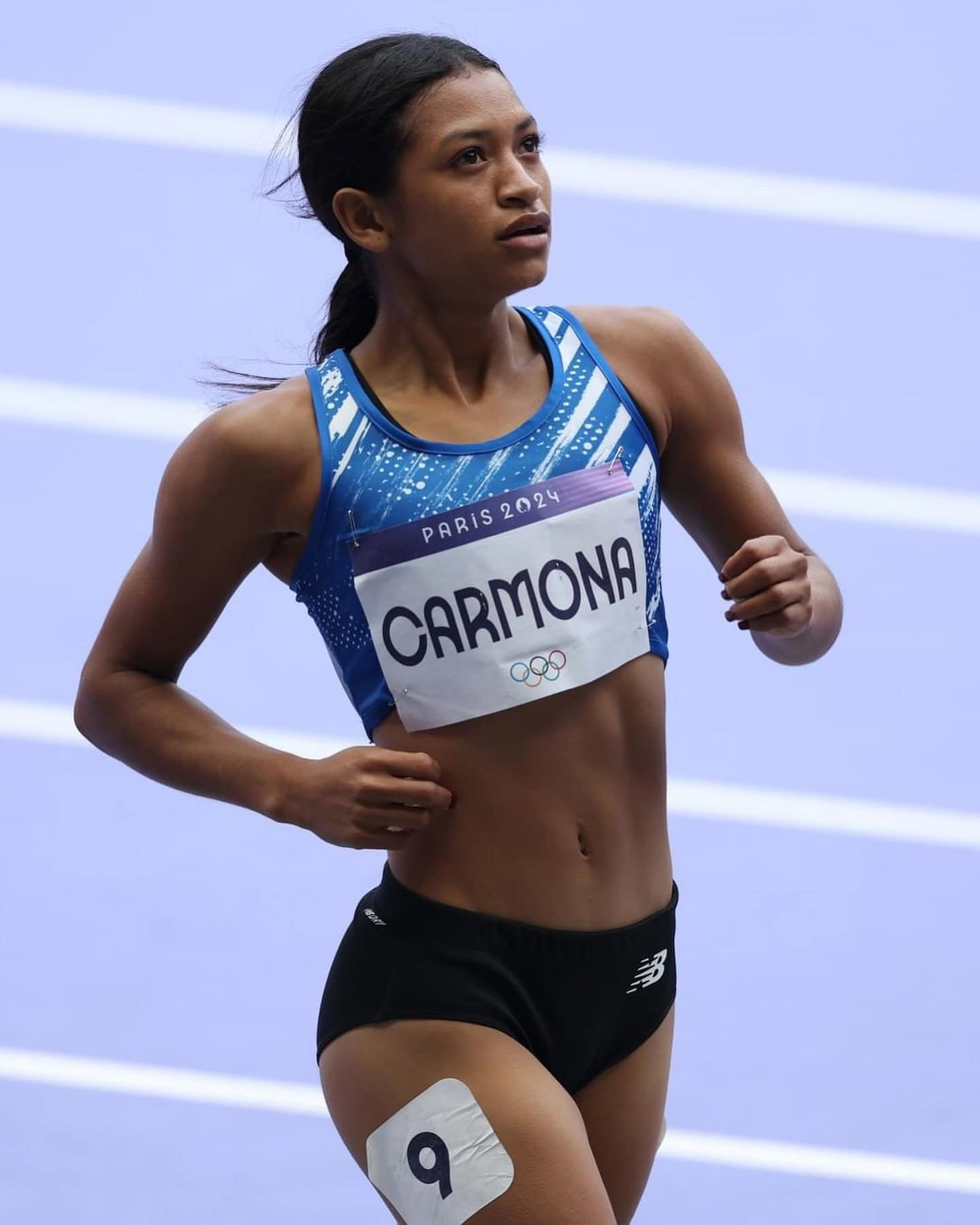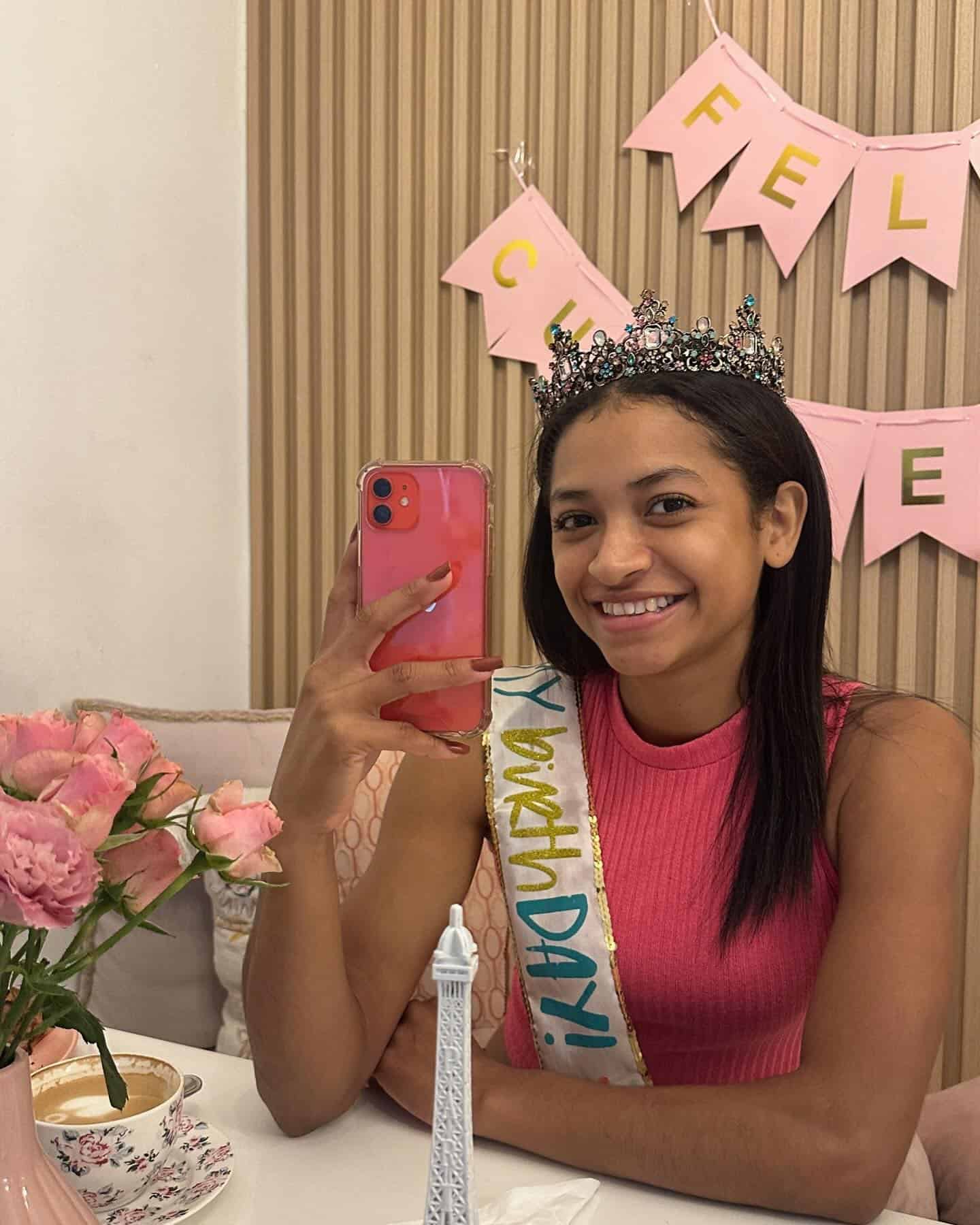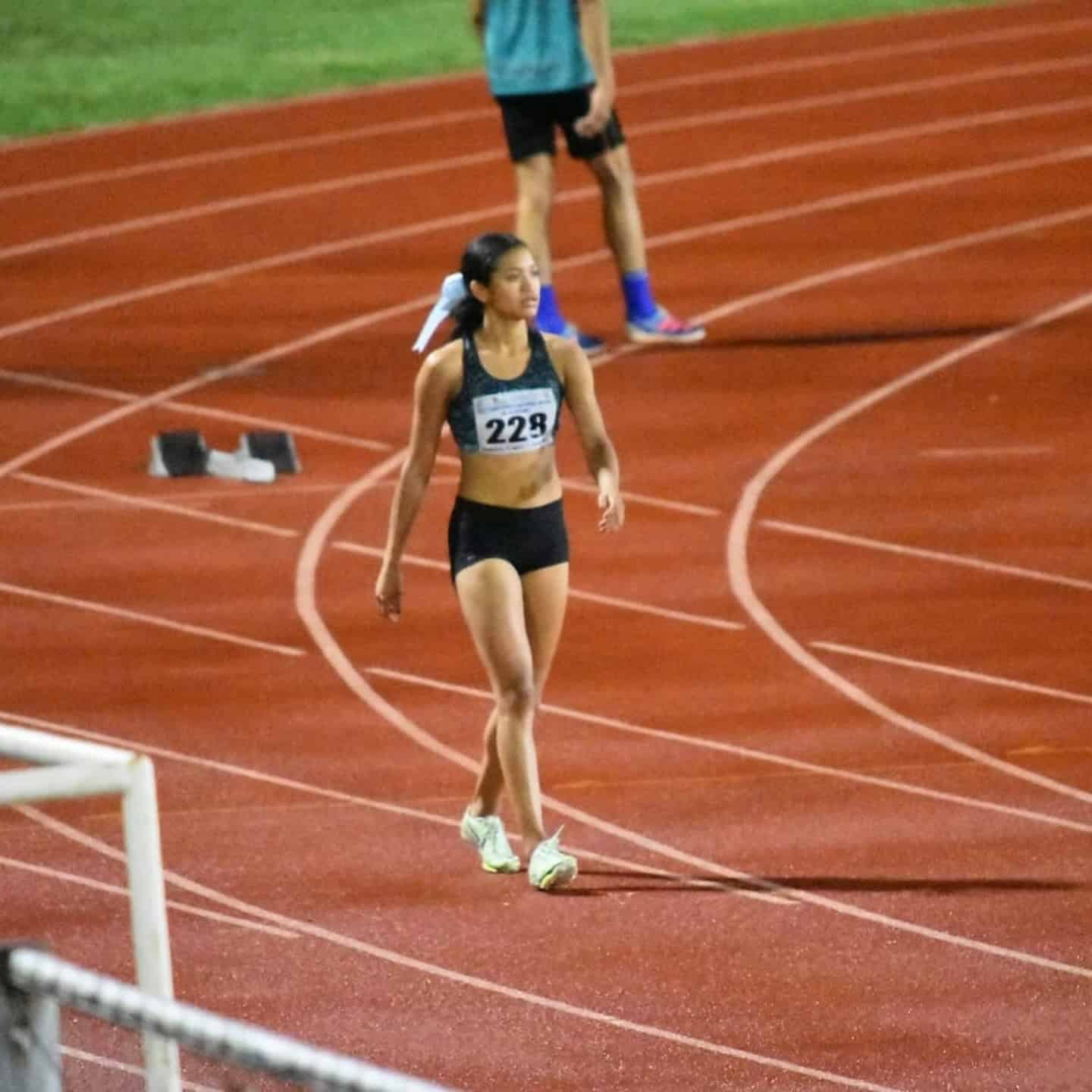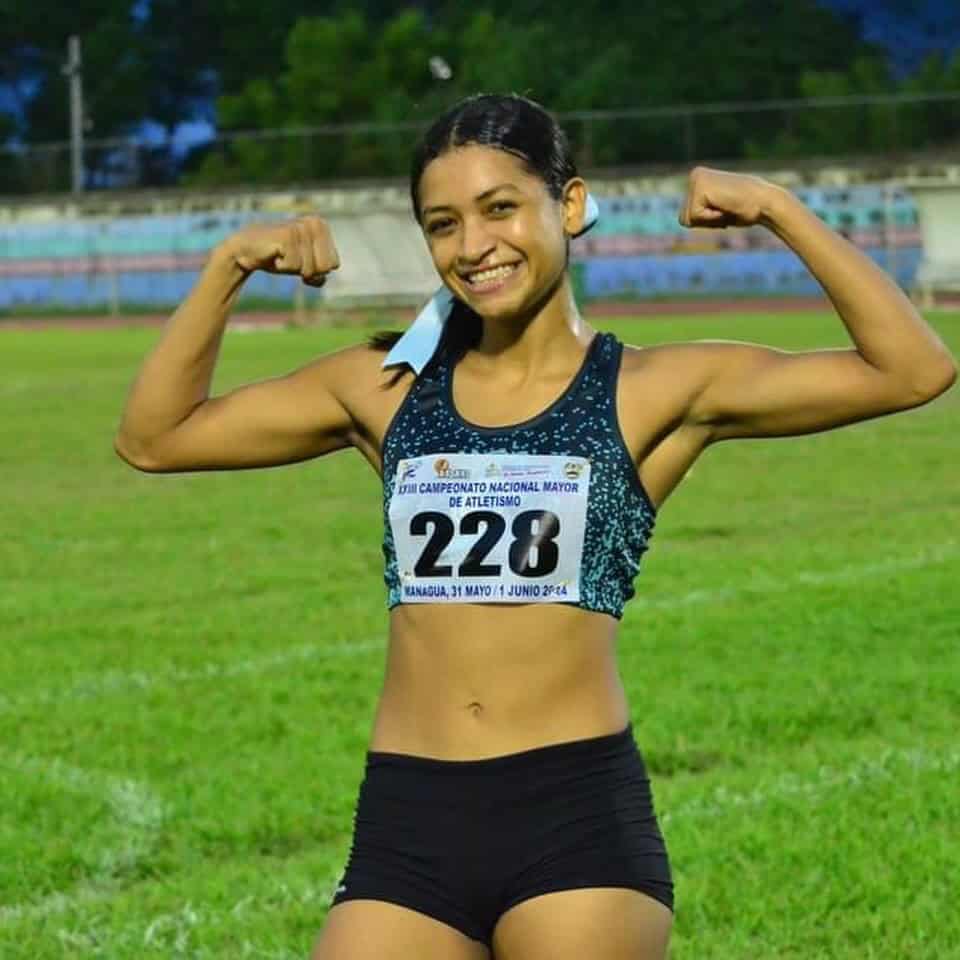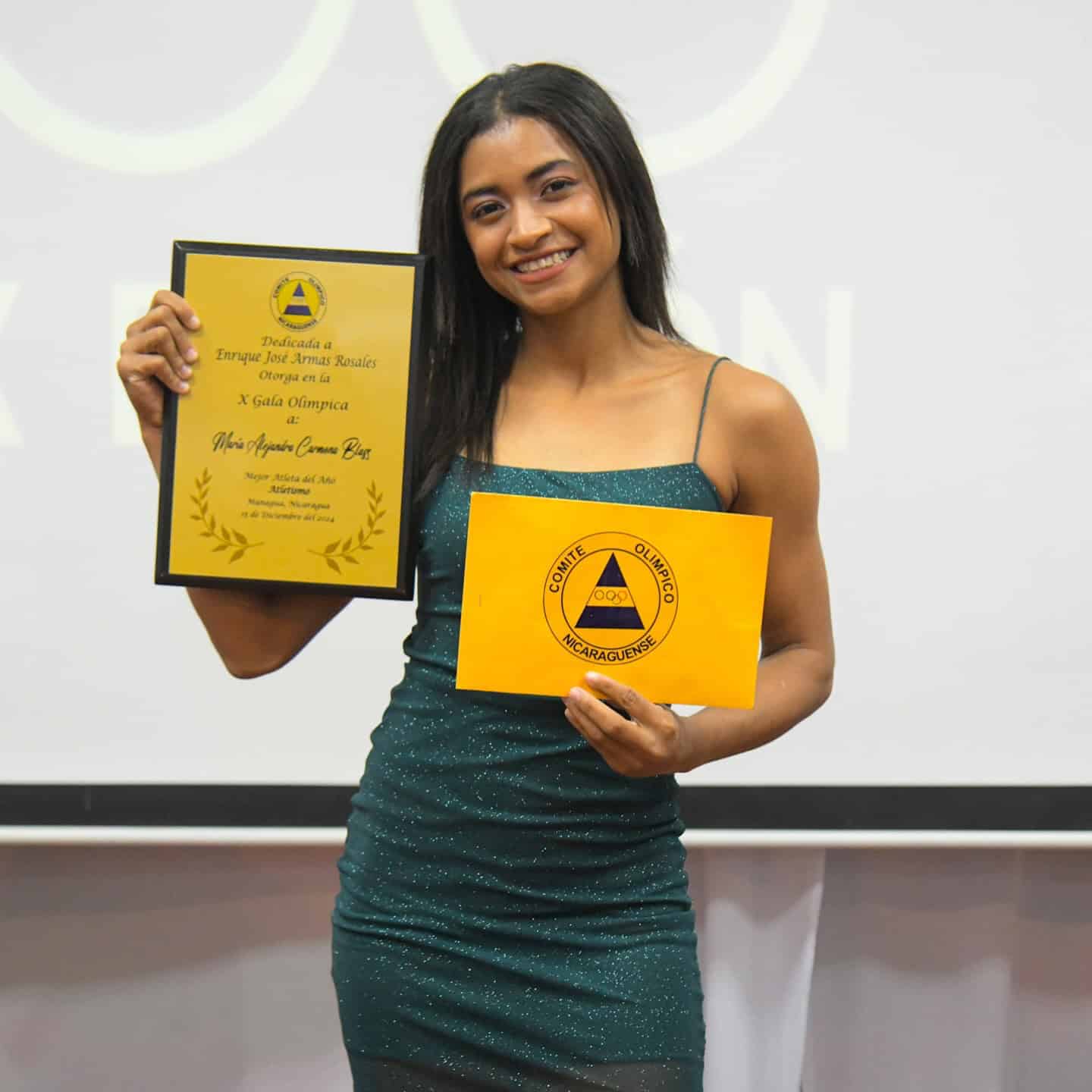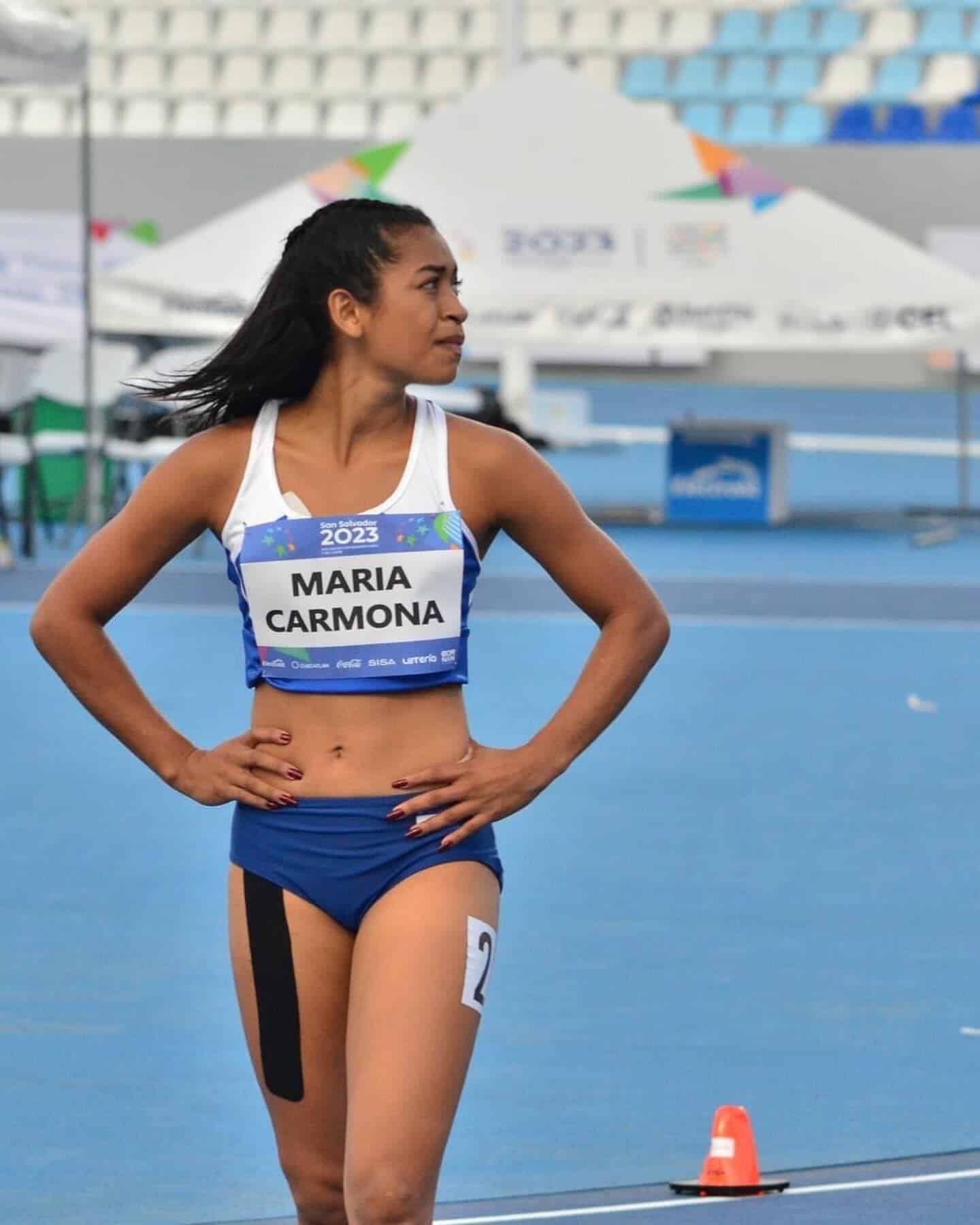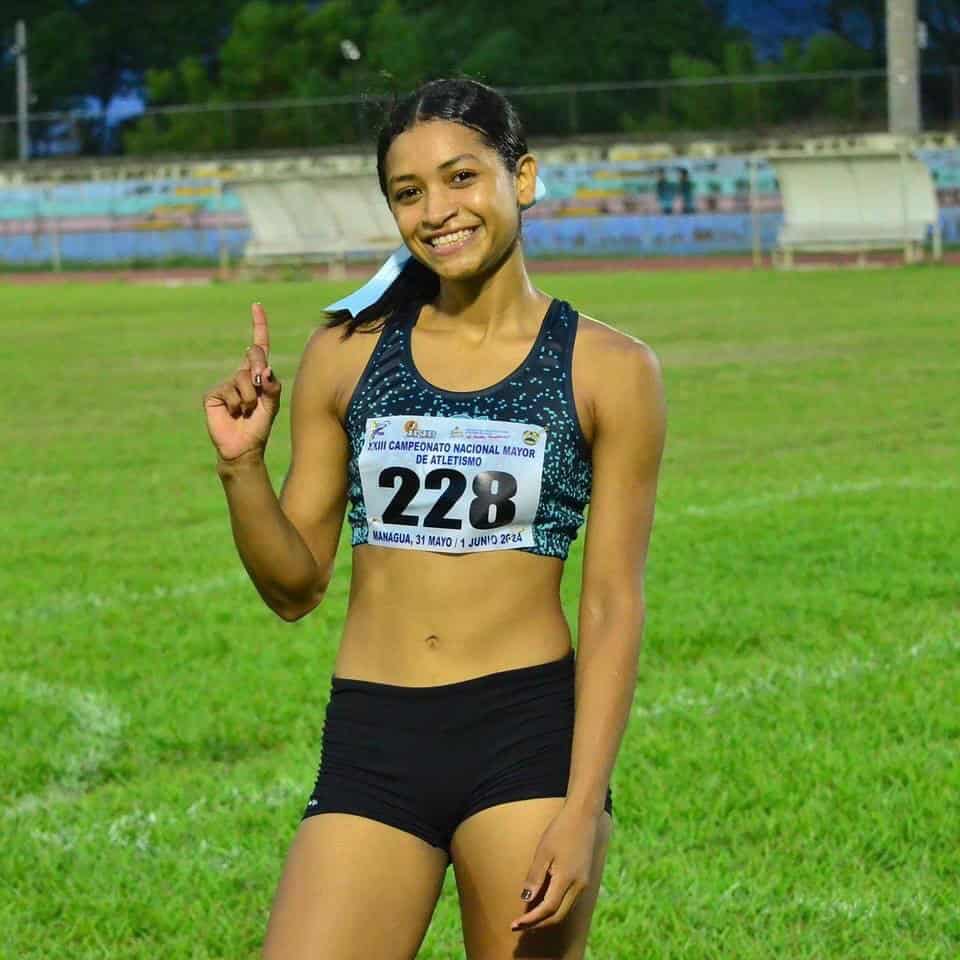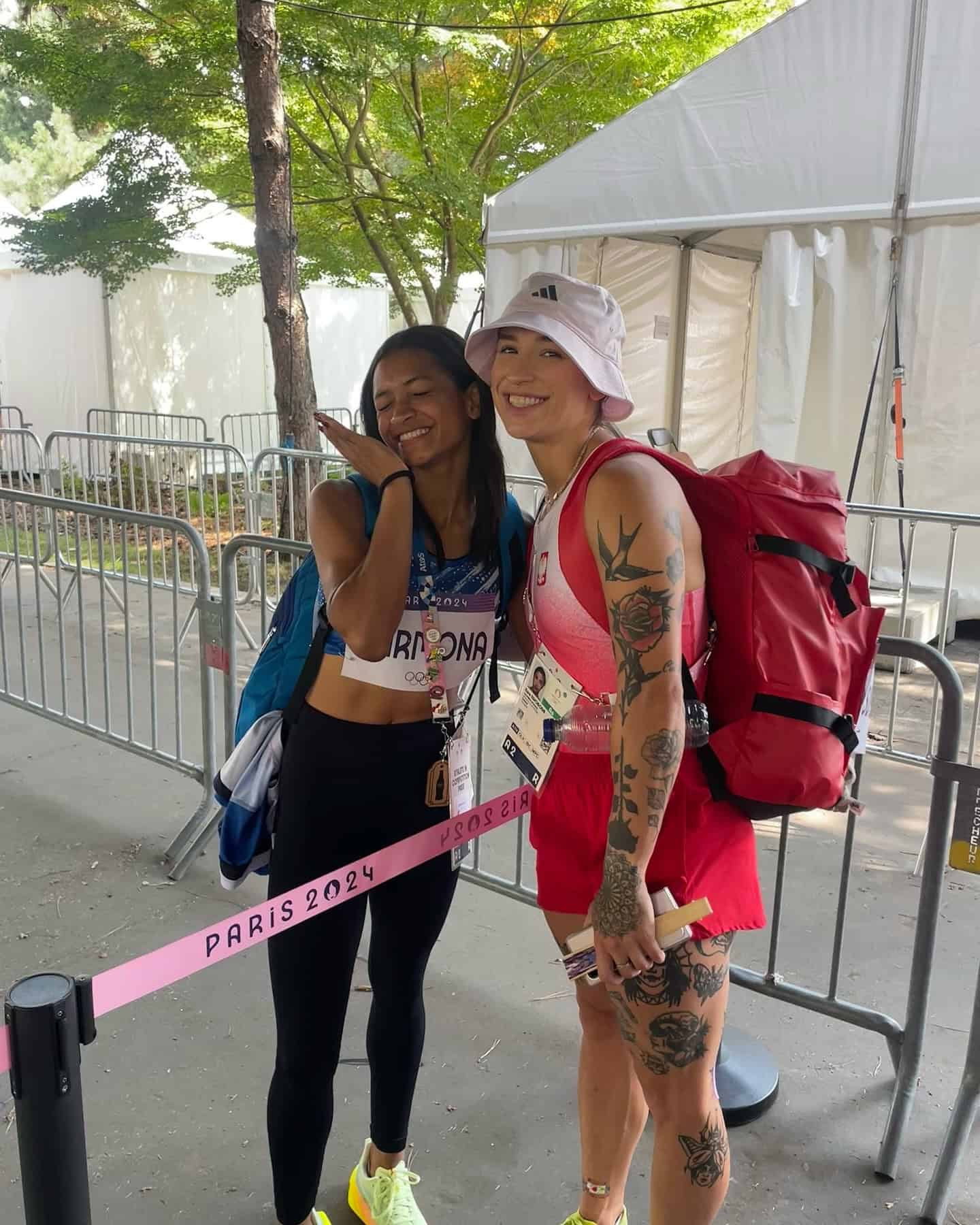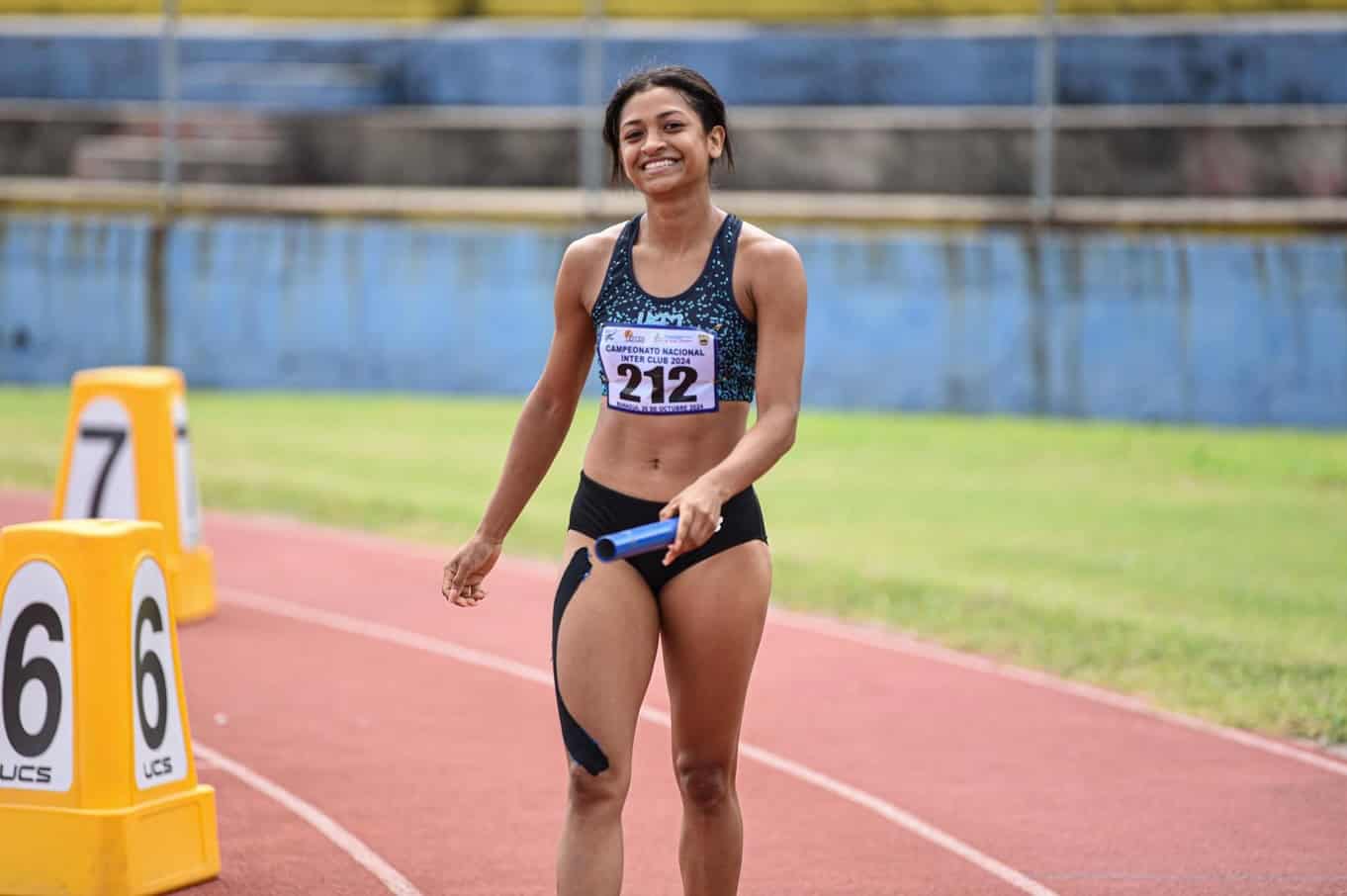María Alejandra Carmona: Nicaragua’s Sprinting Trailblazer
María Alejandra Carmona has emerged as Nicaragua’s most accomplished sprinter, shattering national records and becoming the first female track athlete from her country to compete in the 100 meters at the Olympic Games. Born on January 31, 1999, in Monte Grande Oriental-Nandaime, Nicaragua, Carmona’s journey from rural schoolyards to global stadiums exemplifies resilience, technical mastery, and national pride.
Early Life and Discovery
Carmona’s athletic potential surfaced during childhood physical education classes in her hometown. Her natural speed in short-distance races caught the attention of Juan Peña, a local physical education teacher, who recruited her into formal training despite limited resources. Early sessions occurred on improvised tracks-baseball fields and village plazas-with Carmona initially practicing in sandals before acquiring proper footwear through community support711.
Her competitive debut came at age 13 in the 2012 Central American Kids Athletics Championships, where she placed sixth in the heptathlon11. This experience ignited her passion for track, though infrastructure challenges persisted. “We trained wherever we could-sometimes on dirt roads or borrowed spaces,” Carmona recalled. “But every stride felt like progress”7.
Collegiate Development and National Breakthrough
Carmona joined Club Jaguares de la Universidad Americana (UAM) in 2023, marking a turning point in her technical development. Under coach Santiago Gutiérrez, she refined her block starts and acceleration mechanics. Key milestones followed:
-
2023 ALBA Games: Broke Nicaragua’s 37-year-old 200m record (24.79 seconds), surpassing Marisol García’s 1986 mark11.
-
2023 Central American Championships: Silver medals in 100m (12.69) and 200m (25.45), plus gold in the 4x100m relay (49.52)11.
-
2024 Costa Rica National Championships: Set current national records of 11.85 seconds (100m) and 24.26 seconds (200m)811.
These performances earned her the Nicaraguan Athletics Federation’s 2022 Female Athlete of the Year award and solidified her status as Central America’s rising sprint star11.
Technical Profile and Training Regimen
Carmona’s success stems from meticulous technical adjustments:
Sprint Mechanics
-
Block Start: Reduced reaction time from 0.210s (2021) to 0.158s (2024) through weighted-resistance drills11.
-
Stride Frequency: Increased from 4.2 strides/second to 4.6 strides/second via overspeed treadmill training11.
-
Maximum Velocity: Improved from 10.2 m/s to 10.8 m/s between 2022–202411.
Strength Conditioning
-
Squat: 1.5x bodyweight (120 lbs at 80kg)
-
Plyometric Push-Ups: 45 reps/minute
-
30m Fly Sprint: 3.12 seconds11
Her regimen balances track work (mornings) with gym sessions (afternoons) and recovery modalities like cryotherapy8.
Overcoming Adversity: The 2023 Injury Crisis
In early 2023, Carmona suffered a 3.3 cm hamstring tear during a relay exchange, jeopardizing her World Championships qualification. “I thought my career was over,” she admitted. “But my coach insisted: ‘You’ll return stronger’”7.
A two-month rehabilitation program involving:
-
Isometric holds (3×30 seconds daily)
-
Eccentric Nordic curls (4×8 reps)
-
AlterG anti-gravity treadmill work
Enabled a full recovery. She returned to break the 100m national record three months later, crediting the setback for “teaching patience and body awareness”7.
Historic Olympic Debut: Paris 2024
Carmona qualified for the Paris Olympics via world ranking, becoming Nicaragua’s sole female track representative612. Despite challenging conditions, her performances included:
-
Preparation: Altitude training in Mexico City (2,250m) and technique refinement with Cuban sprint coach Alberto Juantorena Jr.8.
Though not advancing beyond preliminaries, her participation marked Nicaragua’s first Olympic 100m appearance since 1996. “Carrying our flag on this stage is heavier than any medal,” she stated post-race8.
Off-Track Impact and Legacy
Carmona’s influence extends beyond athletics:
-
Youth Mentorship: Teaches gymnastics to underprivileged children in Managua, integrating track fundamentals into classes11.
-
Academic Pursuits: Studies physiotherapy at UAM, aiming to establish Nicaragua’s first sports rehabilitation center11.
-
Social Media Advocacy: Uses Instagram (@m.alee_13_) to document training realities, garnering 2.9K followers1016.
Her partnership with Electrolit Nicaragua provides hydration resources to rural athletes, addressing a critical need in tropical training environments10.
Future Trajectory
With eyes on the 2028 Los Angeles Olympics, Carmona targets:
-
100m Goal: Sub-11.50 seconds (current national record: 11.85)11.
-
200m Goal: 23.50 seconds11.
-
Regional Dominance: Gold medals at the 2025 Central American Games and 2026 CAC Championships.
Coaches project that refining her drive phase (first 30m) could yield 0.3-second improvements, potentially positioning her for World Athletics Championship qualifications9.
Conclusion
María Alejandra Carmona’s career redefines Nicaraguan track potential. From makeshift tracks to Olympic stadiums, her journey underscores how grit and technical precision can overcome resource limitations. As she told supporters post-Paris: “This isn’t my ceiling-it’s the foundation for what’s next”7. For aspiring athletes in Nicaragua and beyond, Carmona embodies the truth that national barriers need not limit global aspirations.
Go Maria!
